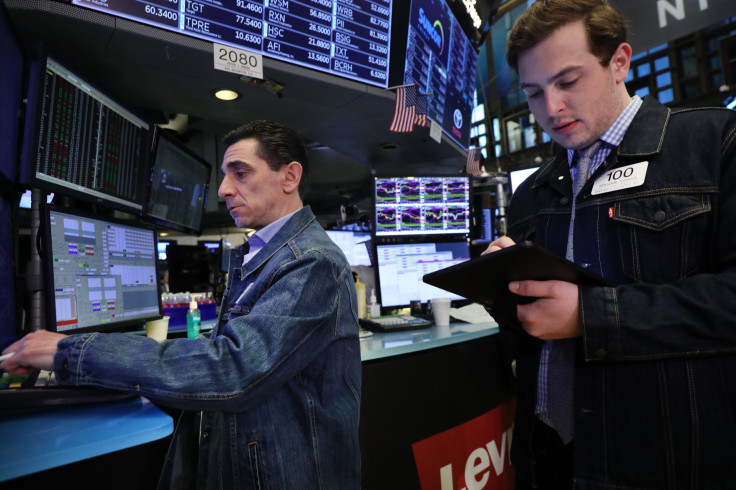Lower Open Likely for US Markets, Oil Price Up

Lower open likely for the U.S markets Monday as U.S. stock futures were looking lower as investors watched the U.S.-China trade talks not moving to a deal.
At 6:49 a.m. ET, Dow Jones Industrial Average futures indicated a drop of 280 points at the open. The possible loss at S&P 500 futures and Nasdaq 100 futures averaged 1.3 percent.
“In the immediate term, we would be watching to see if China retaliates against last Friday’s tariff increase. Thus far, the selloffs in China and the US indices have been minor. A more serious decline could prompt urgency by both sides to reach a deal,” said strategists at Singapore’s DBS Group Research.
President Donald Trump on Saturday urged China to work for a decent deal or it will face a worse deal if negotiations are sought to be pushed beyond the 2020 presidential election.
The president said China’s intent is to wait until after the 2020 election and see if a Democrat wins the White House to give it a better deal.
Oil up
Oil price jumped on Monday after concerns about supply disruptions escalated after the attack on Saudi oil tankers at the United Arab Emirates coast.
The demand compression in the backdrop of the rising trade tensions between the U. S and China became the concerns of investors and traders.
Brent crude futures soared to $71.71 by 0912 GMT for a barrel, up by $1.09. The U.S. West Texas Intermediate (WTI) futures were at $62.45 per barrel, up 79 cents.
“Reports on explosions in Fujairah may add a new impetus to a potentially growing risk premium in the region, with reports suggesting oil tankers, were targeted in apparent sabotage,” Vienna-based consultancy JBC Energy said.
Oil prices have been backed by supply tightening from the U. S sanctions on the oil exports of Iran and Venezuela. Producer club OPEC led by Saudi Arabia has been running voluntary production cuts to keep the price high by regulating the supply.
Europe, Asia markets lower
China markets closed lower on Monday. The main indexes were lower and the Chinese currency Yuan crashing to a four-month low as hopes for a deal between the United States and China looked distant.
The Shanghai Composite shed 1.2 percent on Monday. The risk of U.S.-China talks breaking down and the two “settling down into an indefinite economic war of attrition is uncomfortably high,” said Arthur Kroeber, founder of Gavekal Dragonomics.
Meanwhile, China’s foreign ministry on Monday said the country will not succumb to any foreign pressure but did not comment on the countermeasures, Beijing will use to take on the U.S tariff hike.
Japan’s Nikkei shed almost one percent Monday after the trade war between the United States and China escalated. The Topix index shed 0.5 percent.
The ASX 200 Index in Australia fell 0.2 percent on Monday. This followed disappointing earnings of the country’s biggest bank weighed on financials.
European shares fell on Monday. The STOXX 600 index shed 0.5 percent by 0855 GMT to hit a 7-month low.
Gold price down
Gold prices plunged on Monday after Sino-U.S. trade tensions escalated and yuan fell that made bullion very expensive for buyers in the biggest market, that is China.
Spot gold fell 0.3 percent at $1,282.78 per ounce, at 0715 GMT. The U.S. gold futures slumped 0.2 percent to $1,283.40 an ounce.
“Gold price in yuan has risen fairly sharply since early May and Shanghai premiums are softening. That is probably taking the edge off demand and maybe inducing some people to offer (sell) gold,” updated Nicholas Frappell, global general manager, ABC Bullion.
Howie Lee, economist, OCBC Bank said gold may gain traction in the coming weeks.
© Copyright IBTimes 2024. All rights reserved.




















